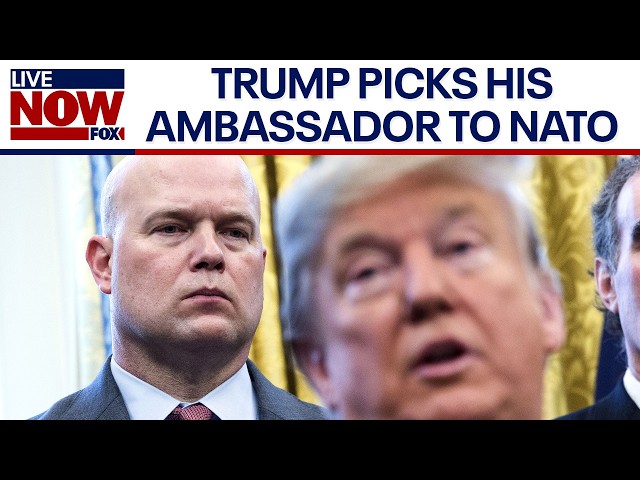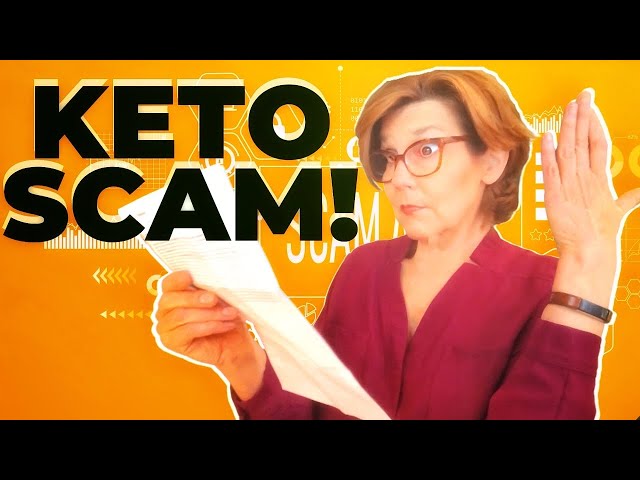
Matthew George Whitaker, born on October 29, 1969, has transitioned through diverse roles in American politics, law, and service. With an impactful history that saw him serve as the acting United States Attorney General from November 2018 to February 2019, Whitaker's career has been marked by loyalty to the Republican Party and close ties to Donald Trump.
Recently, Whitaker was announced as Trump’s pick to become the United States ambassador to NATO, a role that not only reflects his longstanding political alliance but raises questions about his qualifications in foreign affairs. His nomination has ignited discussions regarding his readiness for global diplomatic challenges, anchored largely in his previous experiences that were heavily focused on domestic law enforcement.
In a statement, President-elect Trump expressed that Whitaker “has been a steadfast ally,” underscoring the trust he places in him. However, critics quickly pointed out that Whitaker’s experience in foreign policy is minimal, posing significant concerns about his competence in navigating the intricacies of international relations, especially in a pivotal alliance such as NATO.
Whitaker's political journey began in Iowa, where he was born and raised. As he climbed the political ladder, he served as a U.S. Attorney for the Southern District of Iowa, adeptly handling cases that showcased his legal prowess. However, it was his ability to maneuver in the political landscape that caught the attention of the Trump administration. Following Jeff Sessions' departure, Whitaker was elevated to acting Attorney General, a controversial appointment that sparked debates about his independence and qualifications.
During his time as acting Attorney General, Whitaker undertook significant responsibilities but faced scrutiny over his stance on key issues like immigration, law enforcement, and the oversight of the Mueller investigation. Questions surrounding the impartiality of his decisions became a subject of national conversation. Notably, Whitaker remarked, "I will do everything in my power to ensure that the Department of Justice remains independent."
Despite his proclaimed dedication to independence, his association with Trump and his previous statements raised eyebrows. Critics often labeled him as a loyalist, concerned that his political affiliations might overshadow judicial neutrality. His book, "Above the Law: The Inside Story of How the Justice Department Tried to Subvert President Trump," further solidified his stance in the political storm, indicating a narrative that many would argue is both divisive and polarizing.
As Whitaker steps into the spotlight again with his nomination as NATO ambassador, the political landscape is already shifting. Trump’s decision is seen by many as a strategic move to solidify loyalty within key positions of power. Observers have begun asking: what does his appointment mean for U.S.-NATO relations and, by extension, global diplomacy? Can Whitaker’s limited experience in international policy translate into effective representation for the U.S.?
Political analyst Sarah Johnson noted, "Whitaker’s primary challenges will be to establish credibility and build relationships within NATO. His domestic focus will undoubtedly influence how he approaches his role internationally."
Adding to the intrigue, Whitaker's recent statements suggest a more assertive approach within NATO, stating, "The U.S. must lead on the global stage, ensuring our allies are held accountable while we protect our national interests."
In light of the contemporary geopolitical climate, notably influenced by conflicts such as the ongoing Russia-Ukraine situation, Whitaker’s appointment could carry significant weight. Observers are keen to see how his past rhetoric translates into actionable foreign policy, as the need for adept diplomacy becomes increasingly vital.
With these developments, questions linger regarding the direction of U.S. foreign diplomacy under his potential leadership. Will Whitaker, a figure chiseled from the domestic political arena, adequately bridge the gap into the complex world of international relations? Such uncertainties remind the public of the delicate balance between political loyalty and effective governance. Thus, as Whitaker embarks on this new chapter, the outcomes remain to be seen, with much at stake for both national and international communities.







